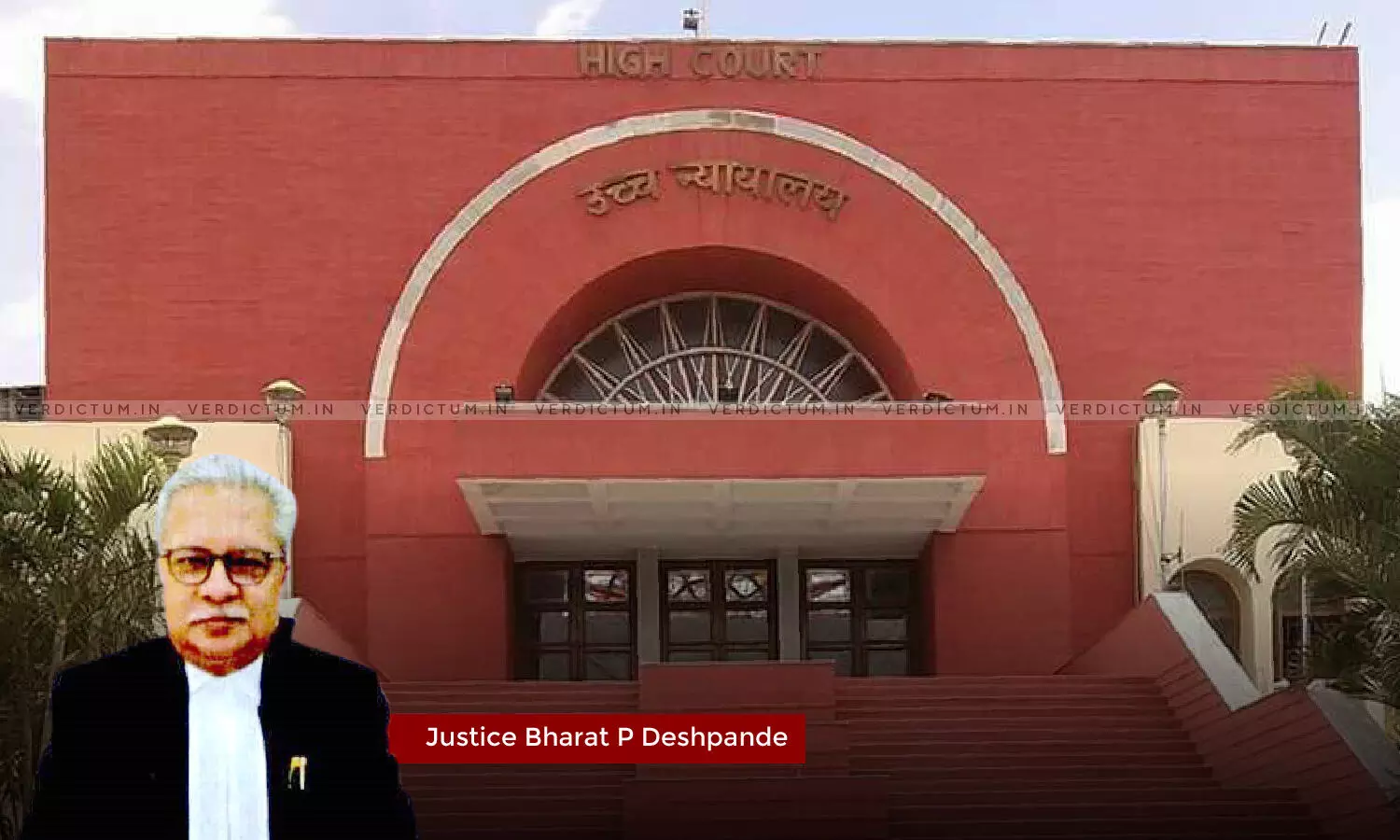
Demand Of Dowry By Rich From Poor Family Members Of Wife Is Rampant: Bombay HC Sets Aside Acquittal In Dowry Death Case
 |
|The Bombay High Court has observed that instances of dowry demand by rich persons from poor family members of the wife is rampant. The Court made this observation while dealing with a revision petition challenging the acquittal of three persons who were accused in a dowry death case.
The Trial Court in the instant case had made the observation that accused knew about the financial status of parents of deceased, who were poor as compared to accused persons and therefore had held that there was no question of asking dowry.
Taking an exception to this, the Bench of Justice Bharat P Deshpande noted that this finding of the Trial Court was flimsy and imaginary. "The aspect of dowry in our society is clearly a social menace. Inspite of strict legislation and punishments imposed by the courts from time to time, many cases are coming in the courts of law. A greed is not dependent upon the status of persons. Demand of dowry even by rich persons against poor family members of the wife is rampant. Thus, discarding evidence of parents on such flimsy grounds is clearly against settled principles and propositions of law.", the Court stated.
In this case, the Trial Court had held that the prosecution failed to prove charges levelled against accused persons and accordingly acquitted all three accused persons of the offences punishable under Sections 498A, 304-B, 306 read with 34 of Indian Penal Code.
The said decision of the Trial Court was challenged by the father of the deceased.
Advocate Aummaheshwari S. Jadhav appeared for the petitioner whereas APP Geeta L. Deshpande appeared for the State.
The High Court pointed out that counsel appearing for the petitioner was fully justified in her statement that patent illegality was committed by Sessions Judge while relying upon dying declaration which was not at all proved to be authenticate. As per the said dying declaration, the deceased had disclosed that she committed suicide, as she was unable to bear the pains in stomach, which she was suffering since long. She further stated in the said dying declaration that no one was responsible for her death.
"It is settled propositions of law that before accepting dying declaration the court must satisfy itself certain parameters which are mandatory to be gone into by the person who has recorded it.", the Court noted.
The Court further observed that "In the present matter, though the prosecution did not rely upon dying declaration, it was brought on record through the defence witness. However, before accepting the said dying declaration as reliable and trustworthy, it was the duty of learned Sessions Court to scrutinize it closely."
The Court noted that the observations of the Sessions Court in its judgment while relying upon the said dying declaration were very cryptic and that the sessions judge had failed to consider settled parameters before accepting it.
"Admittedly, deceased sustained 97% burns in her matrimonial house when all accused persons were present in the house. Such burn injuries were sustained within a period of three years from her marriage. Prior to the said incident, there are allegations by the parents that she was subjected to ill-treatment and demand of dowry. Therefore, rejecting such contention of assumptions and conjectures as well as on flimsy ground, is not at all justified.", the Court opined.
Therefore the Court set aside the Trial Court's Order acquitting all accused persons and remanded the matter back to the Sessions Judge to decide the case afresh.
Cause Title- Vasant v. The State of Maharashtra & Ors.
Click here to read/download the Order